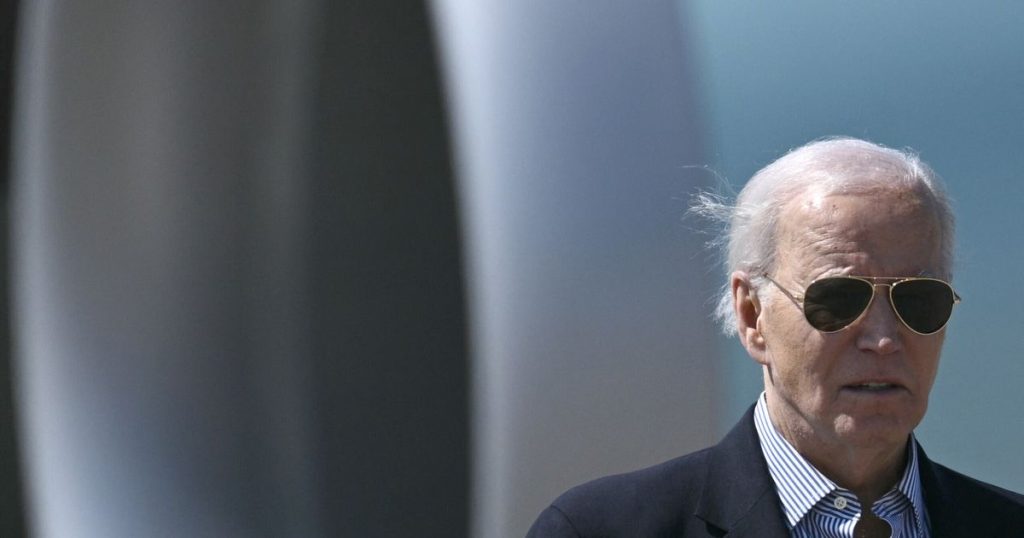Thaer Ahmad, an emergency room physician who recently volunteered at Al-Nasser Hospital in Gaza, walked out of a White House meeting in protest of the administration’s handling of the war. Ahmad was disappointed to be the only Palestinian in attendance and felt the need to leave out of respect for his community that is mourning and suffering. He emphasized the need for more aid for Gaza and urged President Biden to stop the looming invasion of Rafah. Ahmad expressed his survivor’s guilt and the urgent need for the U.S. to intervene and demand a ceasefire in Gaza.
The policy meeting to discuss the crisis in Gaza was held in place of an iftar, a traditional Ramadan dinner, due to frustrations within the Muslim American community over the war in Gaza. The decision to host a meeting instead of an iftar was made in response to a request from members of the community who felt it was inappropriate to hold a celebratory dinner amid reports of famine in Gaza. The administration had been struggling to find attendees for the iftar due to these concerns and ultimately decided to shift the format to a policy discussion in order to hear feedback from the community.
One Palestinian Muslim person who was invited to the White House event chose not to attend, agreeing with the decision to host a policy discussion rather than an iftar. The individual criticized the White House’s attempts to engage with Palestinian and Muslim individuals as being out of touch with the current crisis in Gaza. Emgage, a Muslim voting advocacy group, also refused to attend the meeting, stating that without more Palestinian voices and policy experts present, the meeting would not provide a meaningful opportunity for engagement on the issue.
Muslim, Arab, and Palestinian leaders across the country have been vocal in their criticisms of the administration’s handling of the crisis in Gaza and have rejected previous meetings with top officials. Muslim and Arab groups have also encouraged protest votes during the Democratic primary, encouraging individuals to vote “uncommitted” rather than support the president’s reelection campaign. This signals a broader discontent within these communities over the administration’s response to the situation in Gaza.
The White House has a tradition of hosting iftar dinners, with President Biden hosting his first iftar celebration virtually due to COVID-19 restrictions. In recent years, there has been some controversy over whether to hold these events, with Donald Trump breaking the tradition in 2017 but then resuming the dinners in subsequent years. Last year, the White House did not hold an iftar dinner but hosted a reception celebrating Eid al-Fitr. The decision to shift the event format in response to community concerns highlights the administration’s efforts to engage with and respond to the needs of Muslim and Palestinian Americans during a time of crisis in Gaza.


